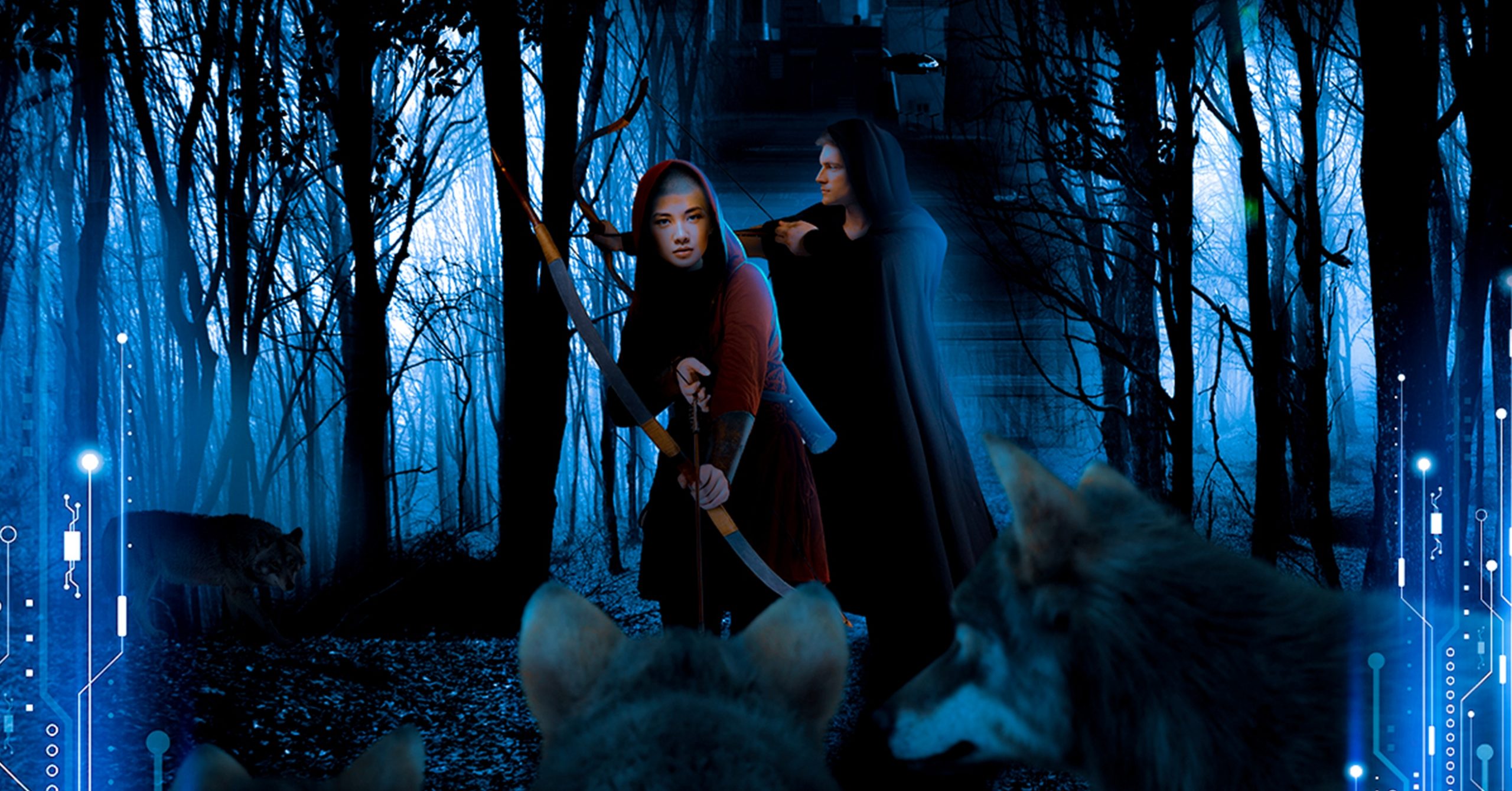
My name is Andrew G. Berger.
I have always loved reading and storytelling, whether captivating an audience or weaving tales for my sons. Eventually, this passion led me to embark on a journey I had long envisioned: writing a novel. The topic had been simmering in my mind for years—the consequences of AI’s triumph and its profound impact on humanity.
How would the rise of AI and a fully digital world reshape us as individuals? Would it alter our humanity? And what if a sudden catastrophe wiped out all digital tools in one devastating moment? What would remain of us as human beings if we were thrust back into a “digital Stone Age”, left to rely solely on ourselves?
These questions drove the creation of my science fiction novel, THE SUPERFLARE. It’s a story born from my fascination with the intersection of technology, human nature, and the fragility of the digital age.
A bit about me: I have a background in German Literature, Political Science, and History. Today, I live and work in Berlin, where I share my life with my wife and our two children.
Please feel free to read the AUTHOR INTERVIEWS below to learn more about me and the writing process.
ARTICLES
You can find some of my articles on AI and writing here:
WILL AI MAKE AUTHORS OBSOLETE?
https://apenbok.com/articlepreview/51
https://writezenith.com/article/will-ai-make-authors-obsolete
Chatting with Chat GPT
https://www.readersmagnet.club/chatting-with-chat-gpt
INTERVIEWS with Andrew G. Berger
I am pleased to share an interview I gave the prestigious Reader’s House Magazine, London’s Literary Gateway.
“Andrew G. Berger Explores Humanity’s Fragility And The Rise Of AI In His Novel The Superflare
27 January 2025, Editor’s Desk – London
A Visionary Tale Of Survival And Technology
Andrew G. Berger discusses his novel THE SUPERFLARE, exploring AI’s impact, human resilience, and the ethical dilemmas of technology, while reflecting on personal values and the power of connection.
Andrew G. Berger is a storyteller at heart, a passion that has shaped both his personal and professional life. With a background in German Literature, Political Science, and History, and a home in Berlin shared with his wife and two children, Berger brings a unique perspective to his writing. His debut science fiction novel, THE SUPERFLARE, delves into the profound questions surrounding artificial intelligence, human resilience, and the fragility of our digital age.
In this thought-provoking interview, Berger reflects on the inspirations behind his work, the ethical dilemmas posed by AI, and the deeply human themes that drive his storytelling. From the contrasting journeys of his characters Julia and Winston to the broader societal implications of technological dependence, Berger offers a compelling exploration of what it means to be human in an increasingly automated world.”
Please read the full interview at Reader’s House Magazine, London’s Literary Gateway.
The IWORDBOOKS Interview, 26 Feb 2024
NEWS WORLD Inc. Interview, March 20, 2023
